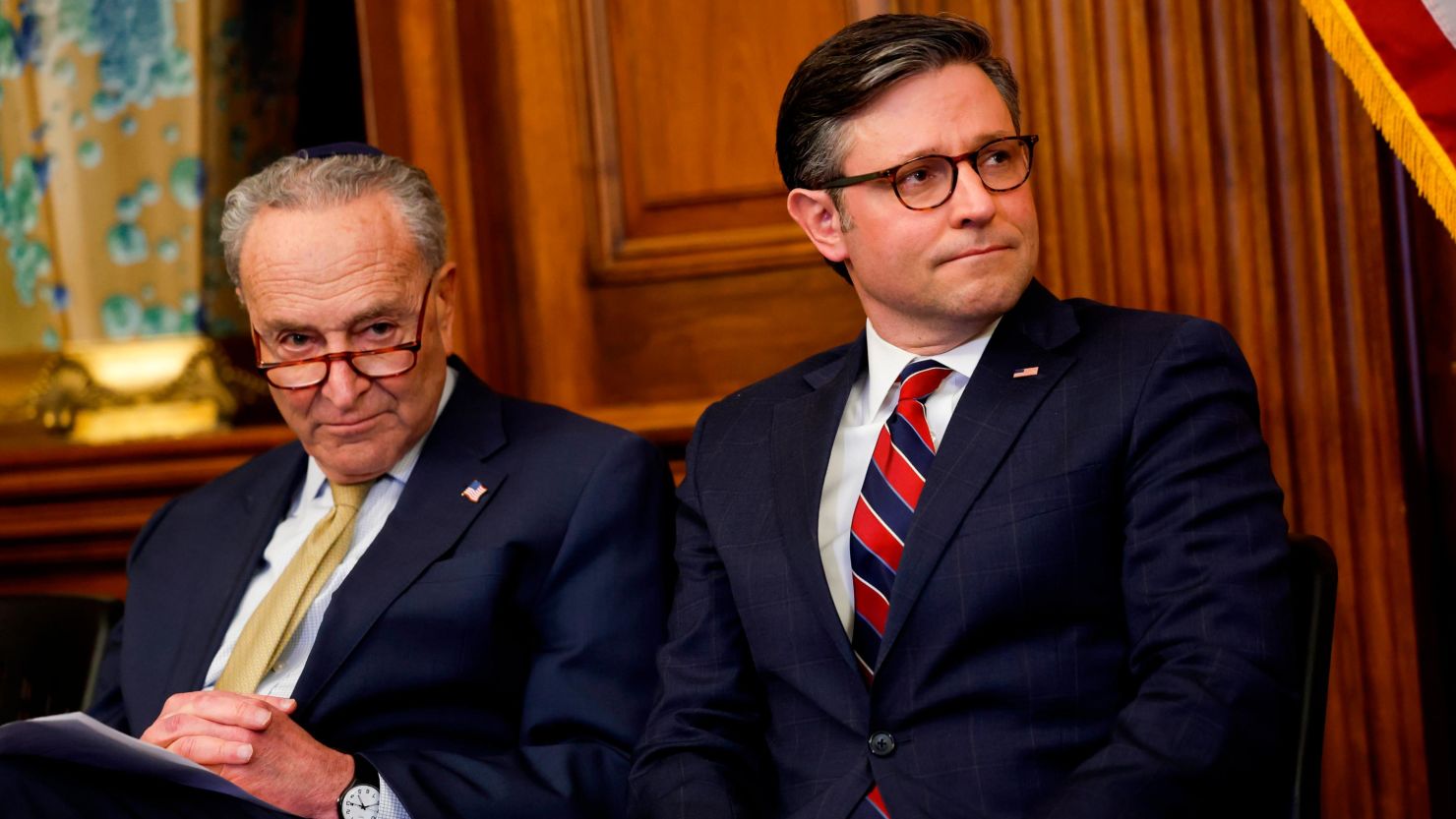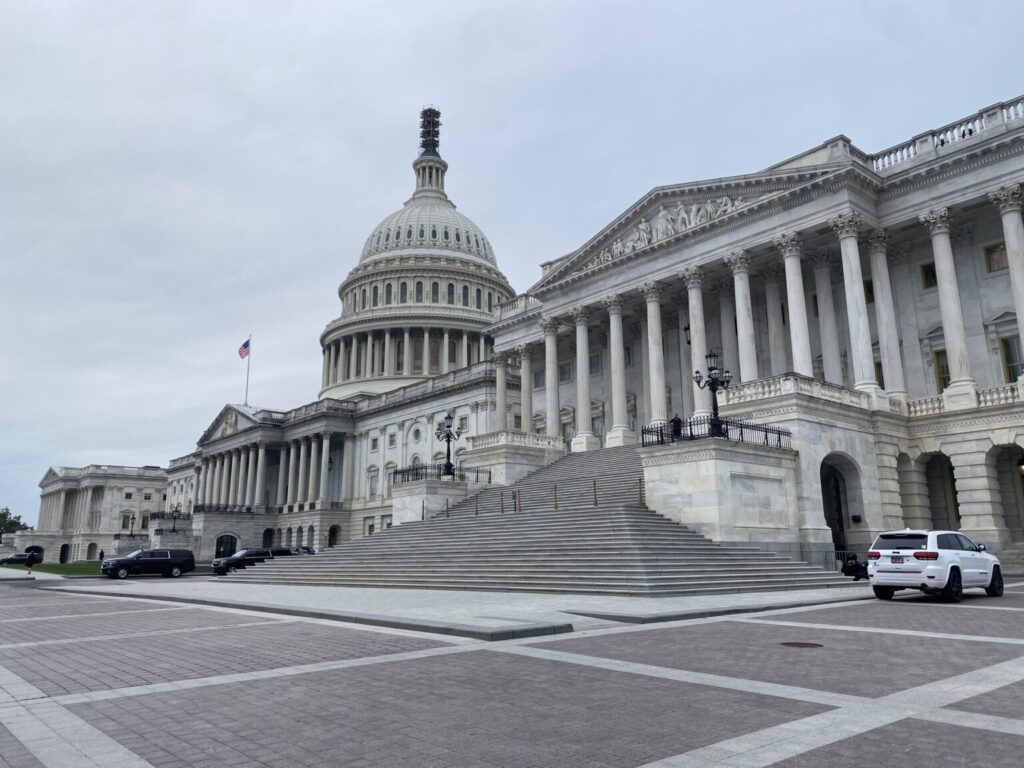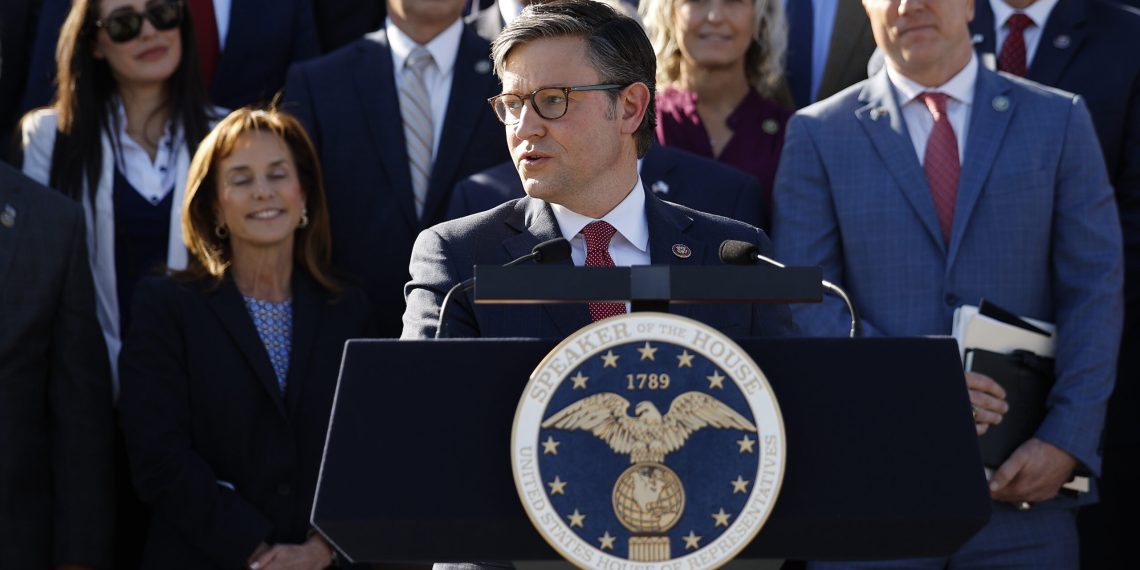A tense atmosphere engulfs the U.S. Congress as lawmakers scramble to prevent a partial federal government shutdown, looming just 48 hours away.
The House of Representatives, under Republican control, plans to introduce a short-term stopgap measure extending federal funding for one week, with a new deadline set for March 22.
However, hurdles are expected, particularly in the Democrat-led Senate, where some hardline Republicans may demand amendment votes in exchange for swift passage.

This stopgap, the fourth of its kind in fiscal year 2024, aims to buy time for Congress to finalize 12 appropriations bills funding the government for the rest of the fiscal year.
Despite a previous agreement on a $1.59 trillion spending level for the year, detailed appropriations bills were only recently agreed upon by House and Senate leaders.
Republican Representative Tom Cole, a senior appropriator, anticipates the stopgap will pass the House smoothly, emphasizing the collective desire to avert a shutdown and maintain momentum in legislative work.
However, challenges loom, with hardline opposition anticipated in the House, potentially requiring a majority of Democratic votes for passage.
House Speaker Mike Johnson faces pressure from conservative factions within his party, advocating for the use of a shutdown threat to push Democrat concessions on policy riders.

Meanwhile, in the Senate, quick passage hinges on overcoming procedural hurdles, with Senate Majority Leader Chuck Schumer needing Republican cooperation to expedite the process.
Senator Rand Paul and other hardline Republicans signal their willingness to cooperate if allowed to propose amendments aimed at reducing spending and addressing the federal debt.
However, such negotiations come against the backdrop of mounting concerns from major ratings agencies, warning of the detrimental impact of prolonged fiscal brinkmanship on the nation’s creditworthiness, already strained by a staggering $34 trillion debt.




